Shimon Shuchat, a 22-year-old animal rights activist from Brooklyn, died on Tuesday, July 28th. In spite of being so young, Shimon was one of the most wise, humble, ethical, empathetic and hard-working activists in New York City. He was also extraordinarily smart. No tribute, including this one, could do justice to Shimon.
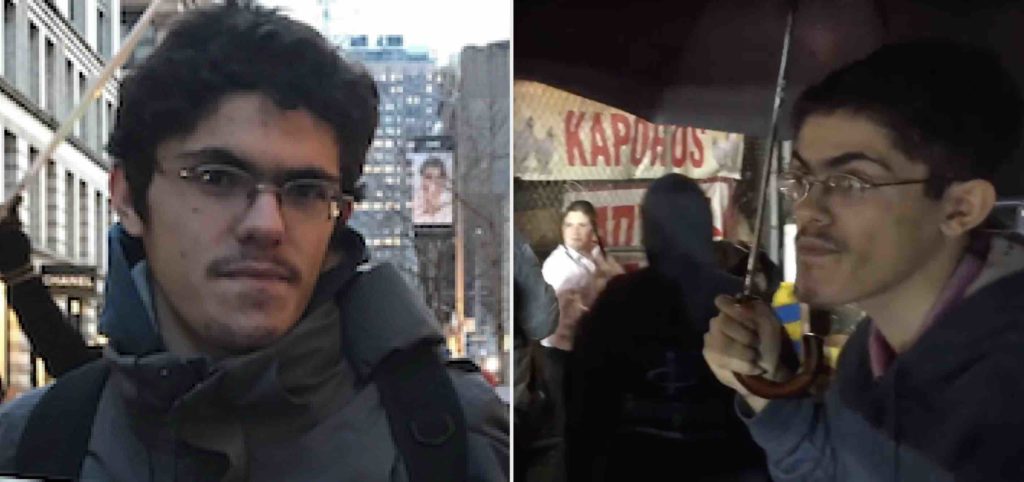
Animal rights activist Shimon Shuchat
Shimon’s story is different than most. He was raised in an ultra-Orthodox Jewish home in Brooklyn. According to his Uncle Golan, he learned how to read when he was two years old, and he showed unusual signs of empathy when he was a little boy. For instance, he somehow figured out that a leather jacket was made from a cow, and he asked his parents why people would wear that. When he was a teenager, he came across animal cruelty videos that shook him to the core. He became an atheist, and he made the decision to chart his own course in life.
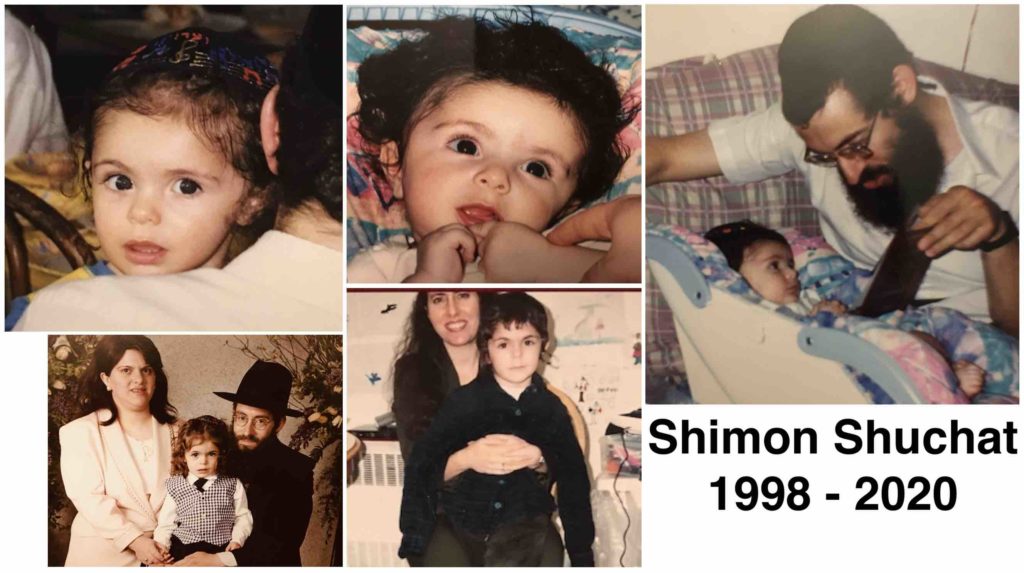
Leaving the insular ultra-Orthodox Jewish community is not easy for anyone, especially a teenager, but Shimon found the courage to transfer from his yeshiva, which was familiar, to secular high school, where he didn’t know anyone. He also immersed himself in the NYC animal rights community, participating in multiple events every week. Ironically, among the first acts of cruelty that he protested was Kaporos, a ritual animal sacrifice performed by the very community in which he was raised.
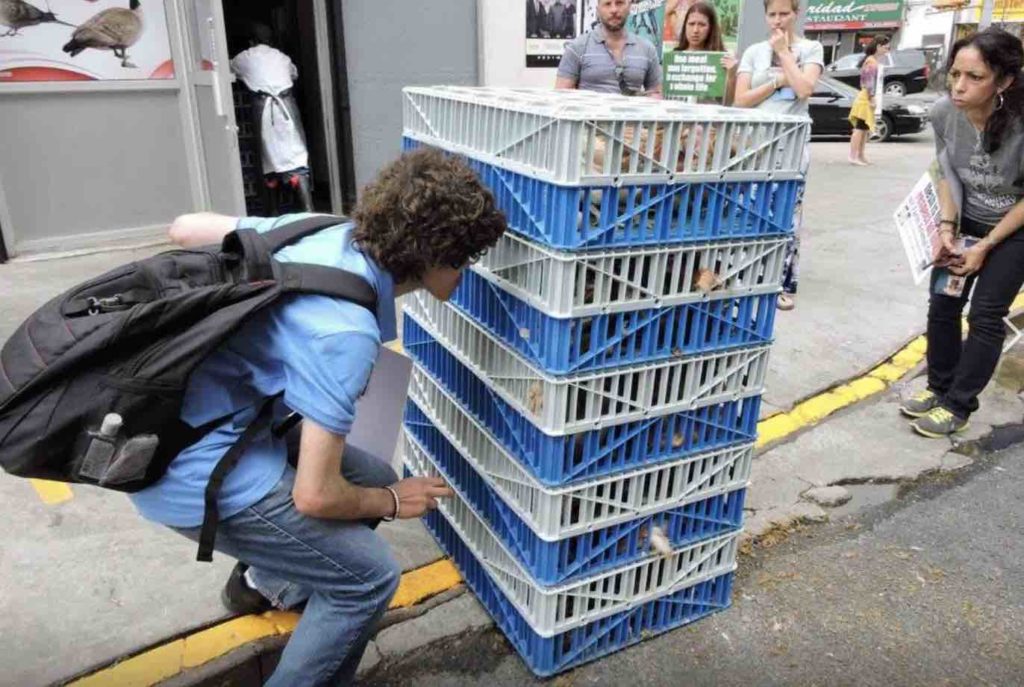
Shimon Shuchat bears witness to chickens languishing in transport crates
Throughout his childhood, Shimon had a close relationship with his father, Velvel. According to Shimon’s relatives, “Velvel validated and loved Shimon, and always supported him. He would frequently take him on trips, despite tight finances, often using Greyhound buses to bring him to different states to visit animals. Velvel advocated for Shimon when his yeshiva was unprepared to answer Shimon’s difficult questions. His father always lovingly took the time to listen and support Shimon in any way he could.” His extended family said that Shimon “is a shining light and a blessing to this world, and may his memory also be for a blessing.”
In 2015, Shimon was accepted to Cornell, and he brought NYC-style activism to a reserved animal rights club on campus. After college, he returned to NYC and worked in the animal rights movement until he passed away. He talked about going to law school one day.
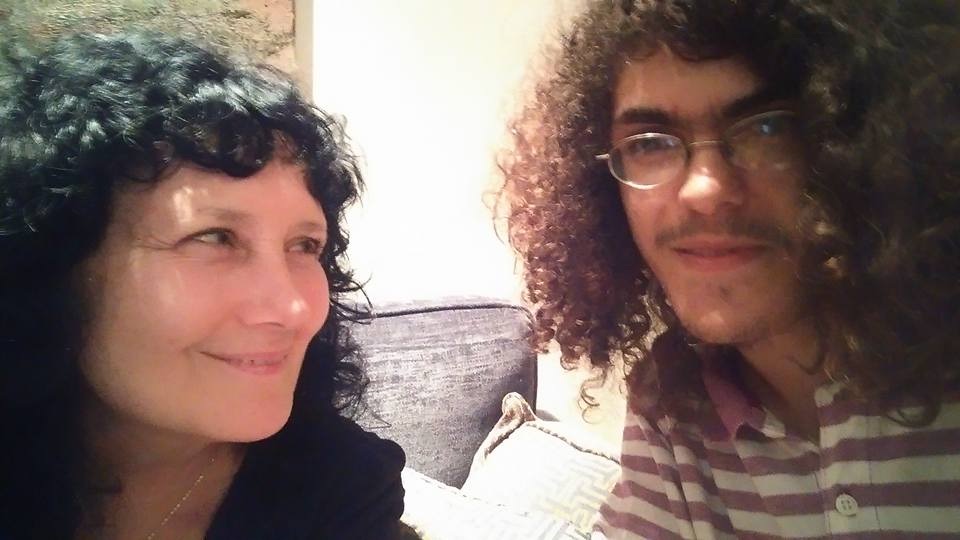
Animal rights activists Shimon Shuchat and Rina Deych
Shimon was a quiet, shy, and anxious person, but, according to his fellow activists, he stepped far outside of his comfort zone in order to advocate for the animals. Rina Deych, an activist in NYC who mentored Shimon when he joined the movement, fondly recalls a Kaporos protest during which she offered Shimon a bullhorn to lead the chants. “He shyly refused,” Rina said, “But when he didn’t like the accent I used to pronounce a Hebrew phrase, he grabbed the megaphone from me and led the chants for the duration of the protest. His willingness to prioritize the animals over his anxiety demonstrated just how committed and compassionate he was.”
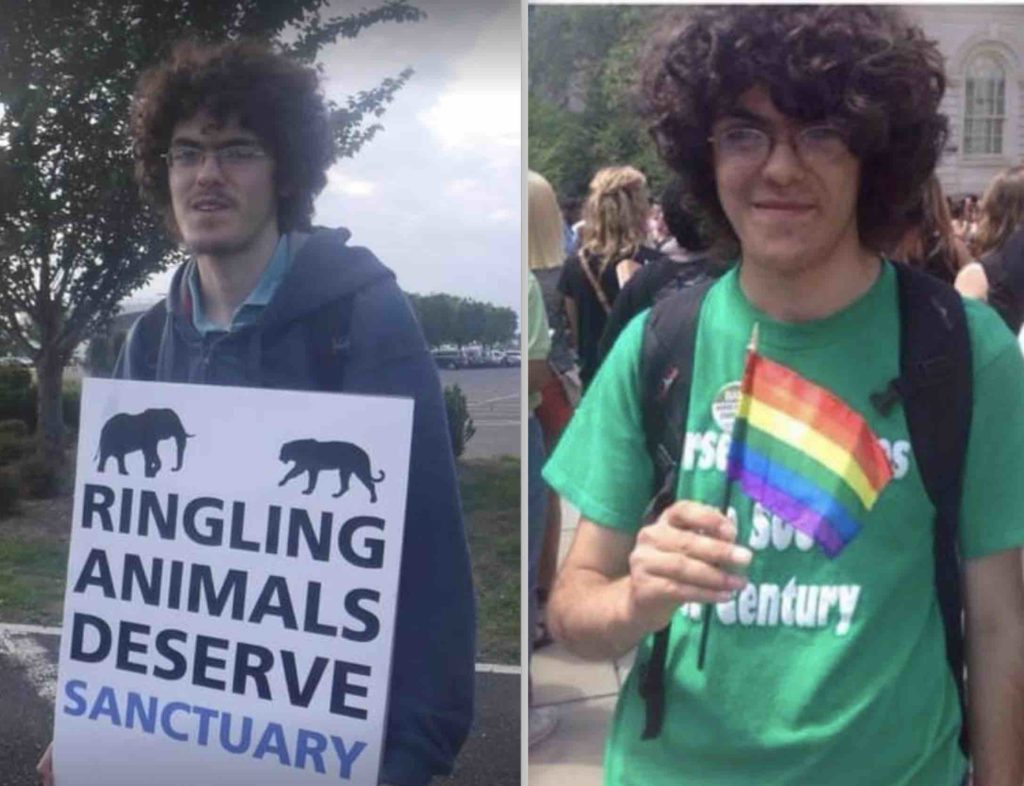
Shimon Shuchat advocating for captive animals and showing his support for LGBTQ equality
His colleague Nadia Schilling, who also served as a mentor to Shimon, said, “Shimon’s work for animals was unmatched by any person I’ve ever worked within the animal rights movement. It’s easy to lose hope and feel defeated in this line of work, but I honestly believed that, with Shimon by my side, we could make this world a better place.”
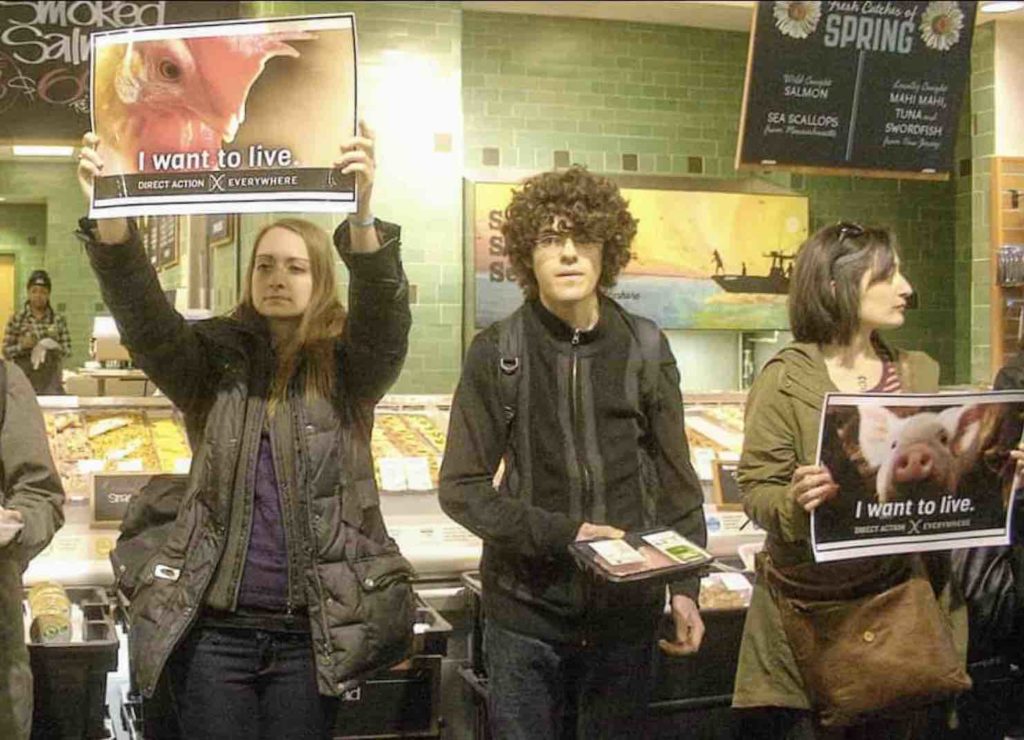
Shimon Shuchat participates in an Direct Action Everywhere disruption at Whole Foods, protesting the Company’s “humane meat” advertising.
Unaware of Shimon’s anxiety, Nadia asked him to testify in front of the NYC Council in support of legislation to ban the sale of ban foie gras. “He intentionally waited until after he delivered his remarks to confess that public speaking exasperated his anxiety. He knew I wouldn’t have asked if I had been aware of his fear, and he didn’t want to let down me or the animals. That’s how selfless he was.”
Shimon set the bar high for his activist colleagues with his impeccable work ethic and selflessness. He was singularly focused on reducing animal suffering, and he had no interest in the material world or even the basic comforts that most of us take for granted. One summer during college, Shimon asked if he could do an internship with TheirTurn. “I was reluctant because he was so serious and had such high standards, but I wanted to support him,” said Donny Moss. “He worked so efficiently that he completed his assignments more quickly than I could create them. If I didn’t force him to take a break for lunch by putting the food on top of his keyboard, then he would not have eaten.”
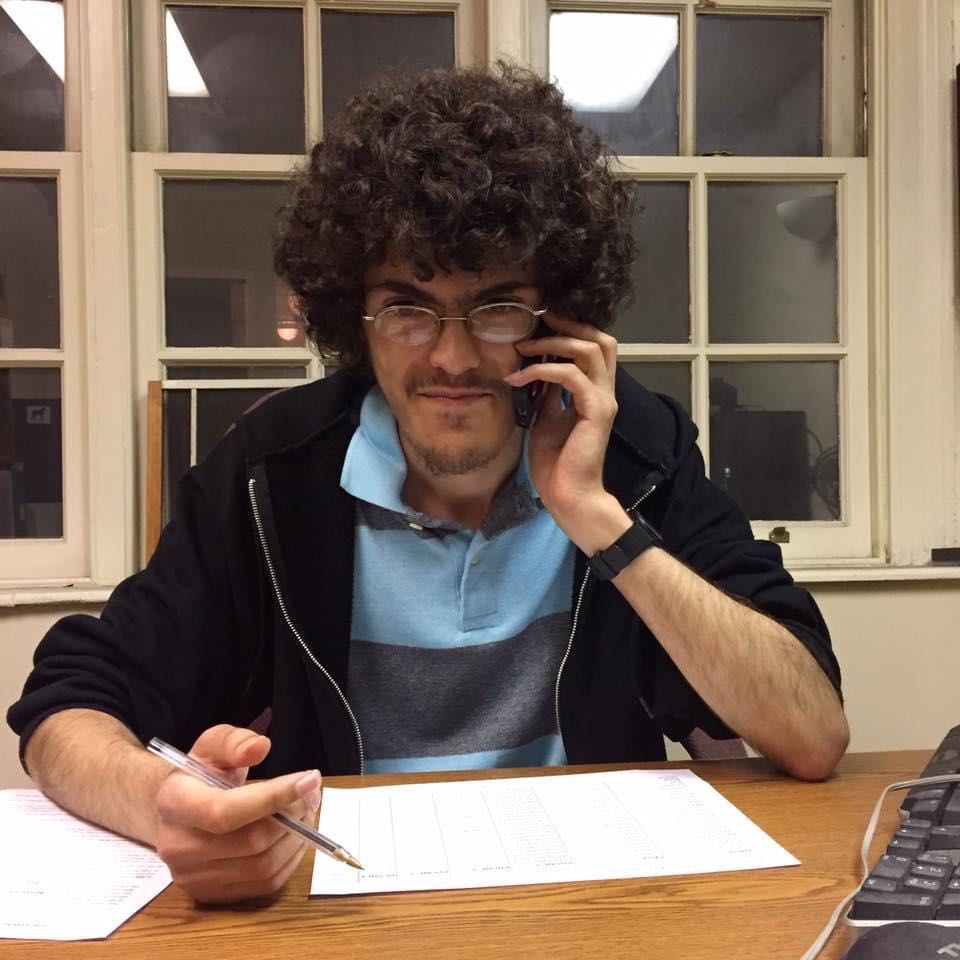
Shimon Shuchat phone banking for Voters for Animal Rights (VFAR) in support of the NYC bill to ban the use of wild animals in circuses
Shimon’s asceticism was stunning at times. “One day, while running an errand, Shimon and I walked into Insomnia Cookie, which had just added a vegan cookie to its menu. When I offered to buy him one, Shimon asked me to donate the amount of money I would have spent on the cookie to PETA. Even after explaining that I could buy him a cookie AND make a contribution to PETA, I practically had to use force to get him to eat the cookie, which I knew that he secretly wanted.”
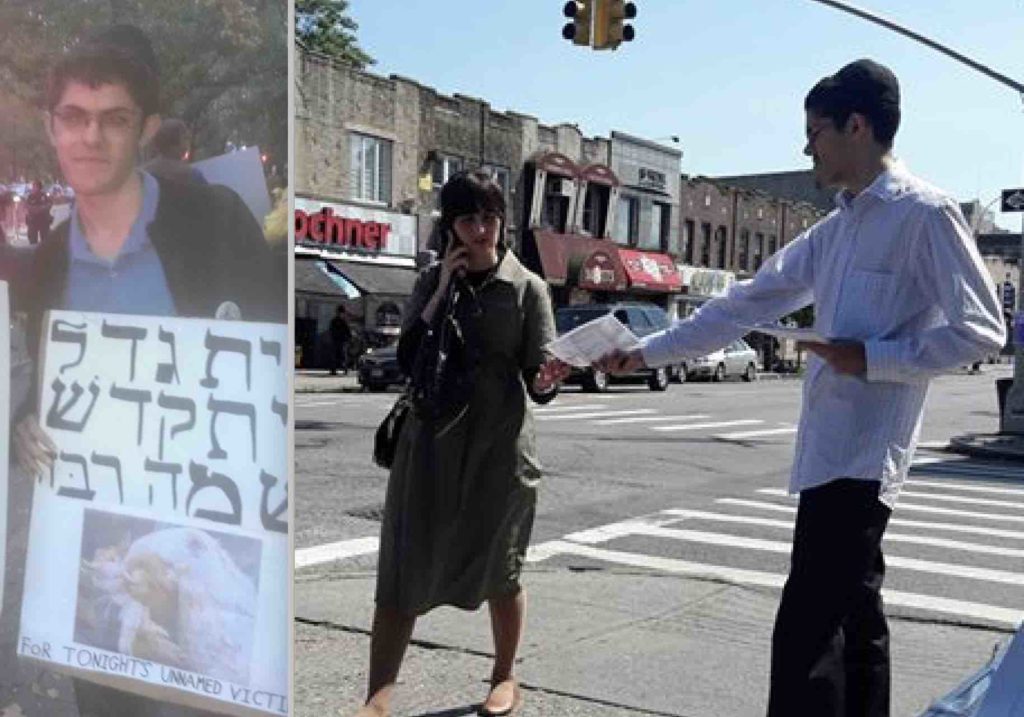
Shimon Shuchat advocating for the use of coins instead of live chickens during a religious ritual called Kaporos
Shimon was painfully humble for someone who contributed so much. “People like Shimon, who work so hard behind the scenes with no public recognition, are the pillars of our movement,” said Nadia.
Perhaps more than anything, Shimon was empathetic. His uncle Golan said that he “felt things extraordinarily deeply” from a young age. One year during a Kaporos protest, Donny witnessed this firsthand when he found Shimon off to the side weeping. “In the face of so much cruelty and suffering, Shimon practically collapsed from a broken heart.”
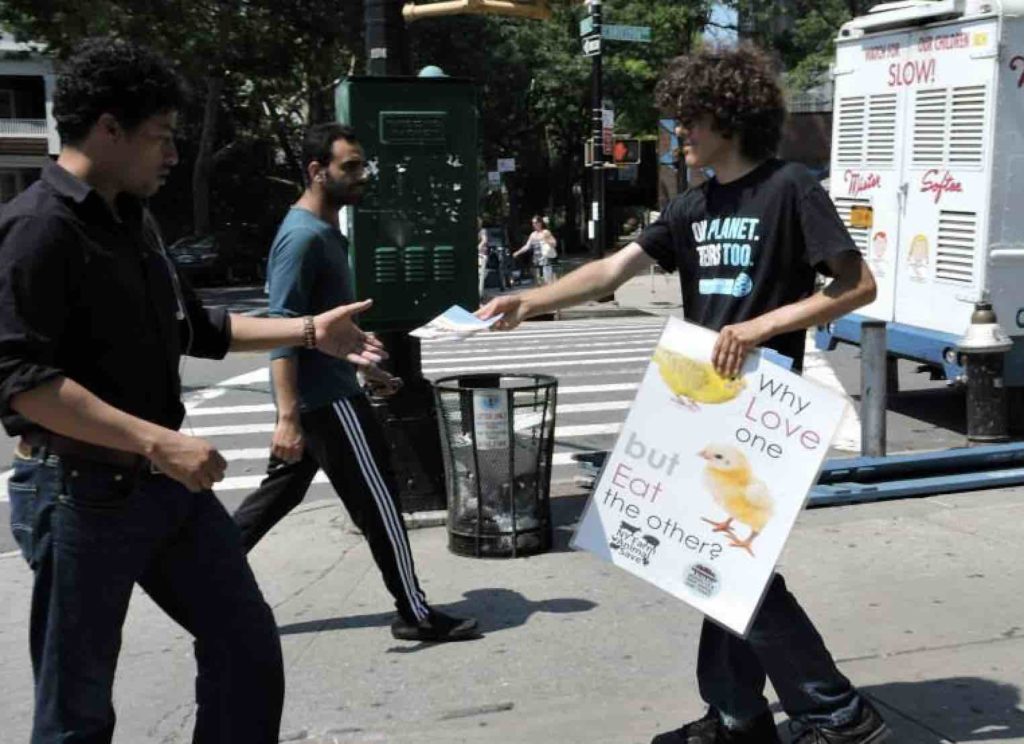
While delivering his testimony at the foie gras hearing at City Hall, Shimon made a plea that should, perhaps, be his parting message to those he left behind. “Regardless of our ethnicity, race, religion, or political affiliation, we should be unanimous in opposing and condemning cruelty directed at animals, who are among our society’s most vulnerable members.”
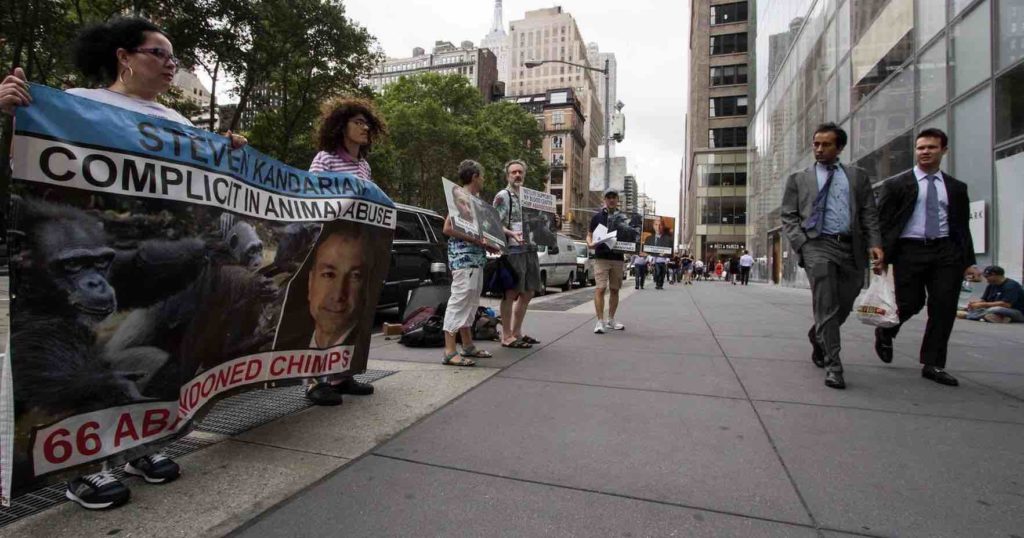
Shimon Shuchat participates in an animal rights protest in NYC
Shimon’s father Velvel, Uncle Golan, Aunt Leah, Cousin Debbie, Rina, Nadia, Donny and others who cared about Shimon hope that Shimon, who made a lifetime of contributions in his short, 22 years, is resting in peace in a kinder place. “Shimon was a shining light and blessing to this world,” according to his family, “May his memory also be for a blessing.”
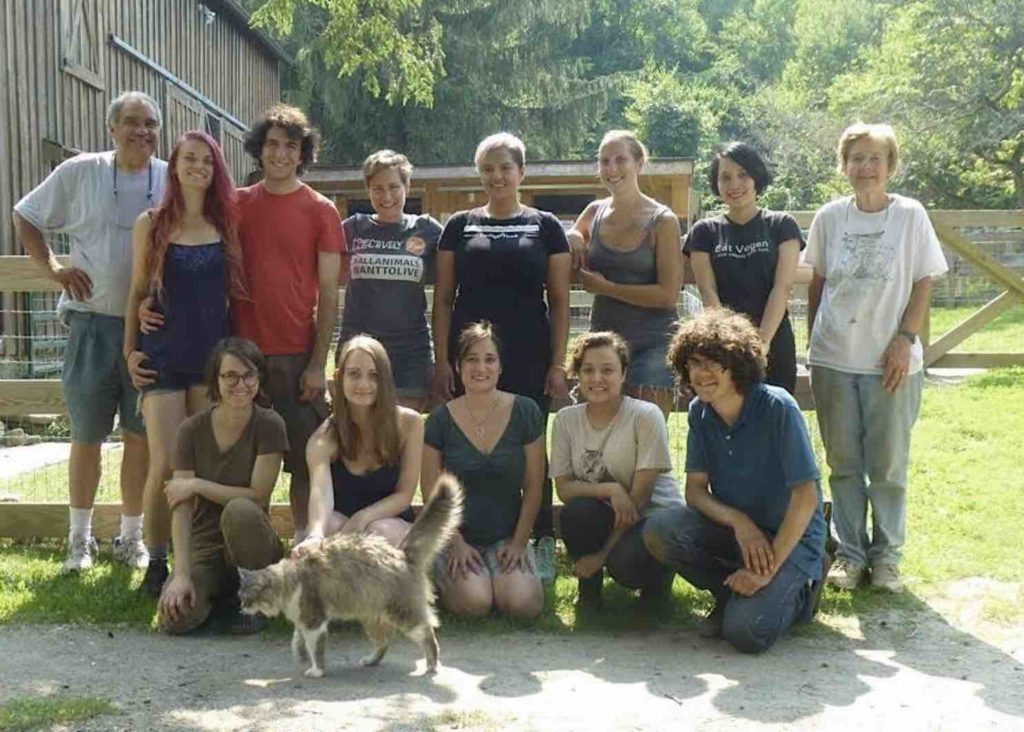
Shimon Shuchat (bottom right) volunteers at Safe Haven, a sanctuary for rescued farm animals
In August, several animal rights organizations, including PETA, organized and participated in tributes to Shimon. On August 30th, Brooklyn-Queens Animal Save staged a vigil in his memory at a slaughterhouse in Astoria, Queens.
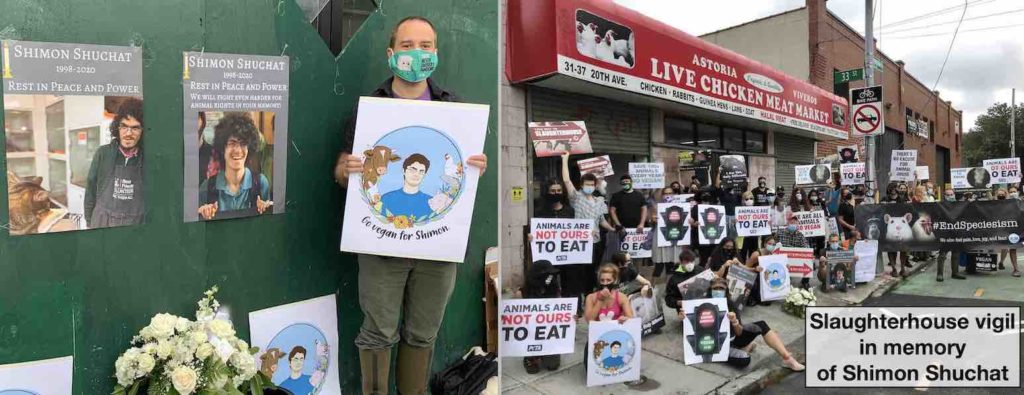
Brooklyn-Queens Animal Save vigil in memory of animal rights activist Shimon Shuchat
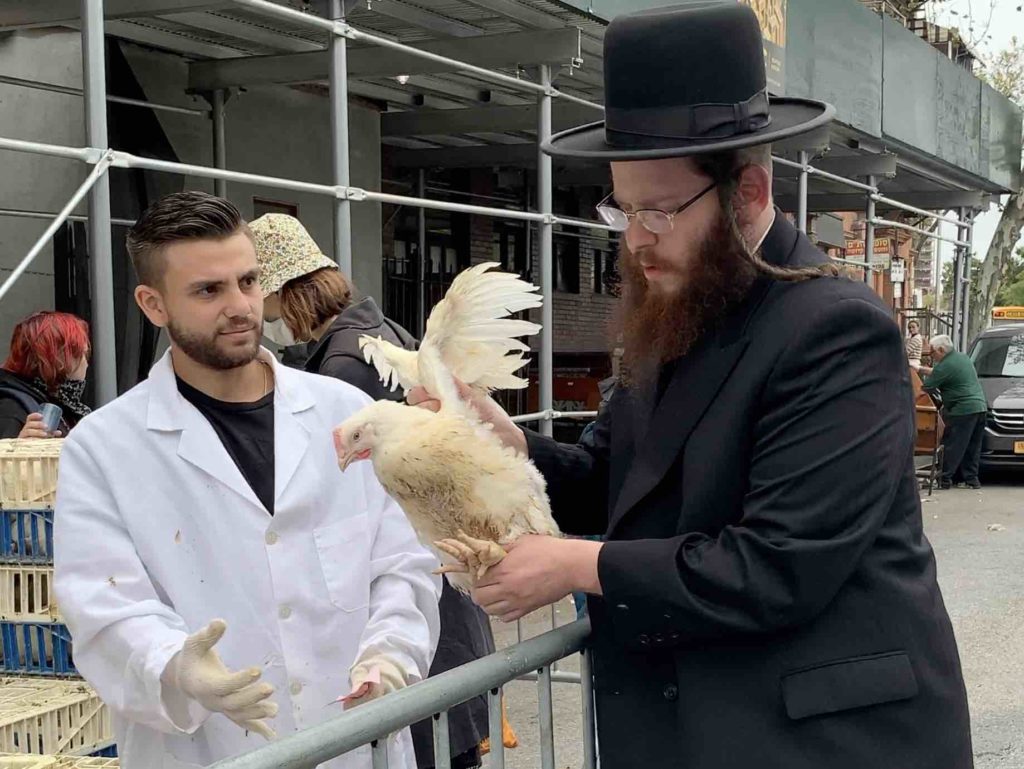
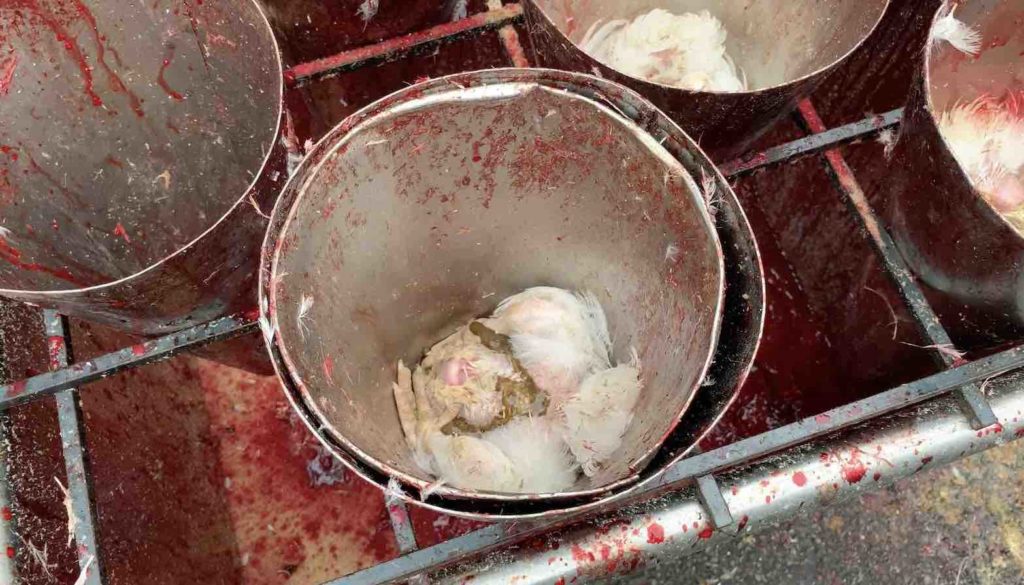
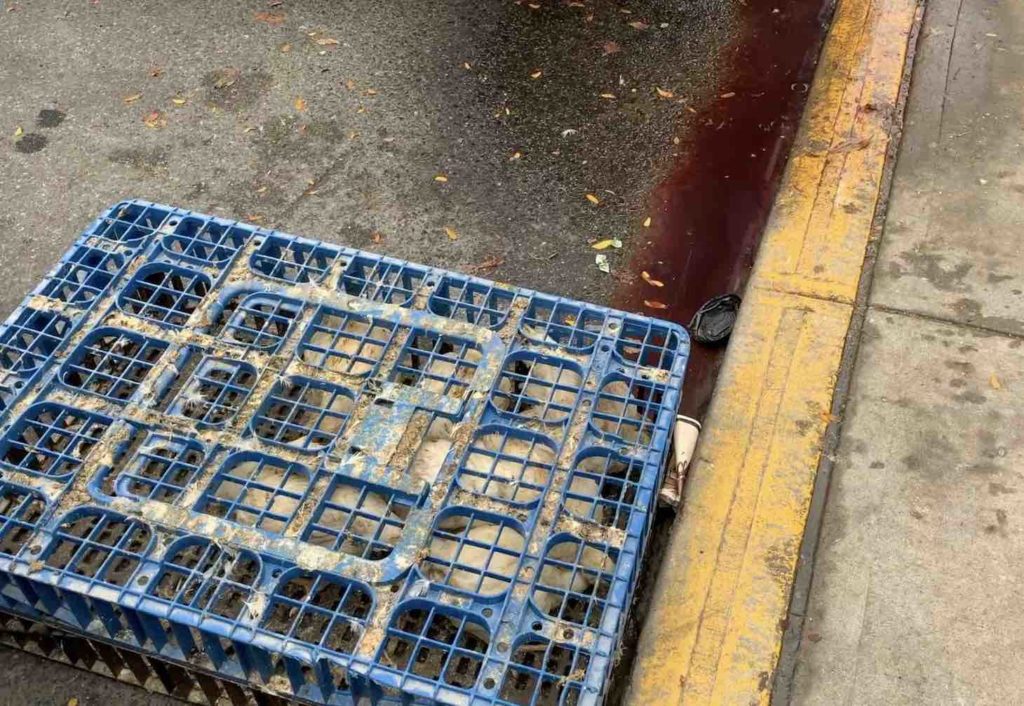



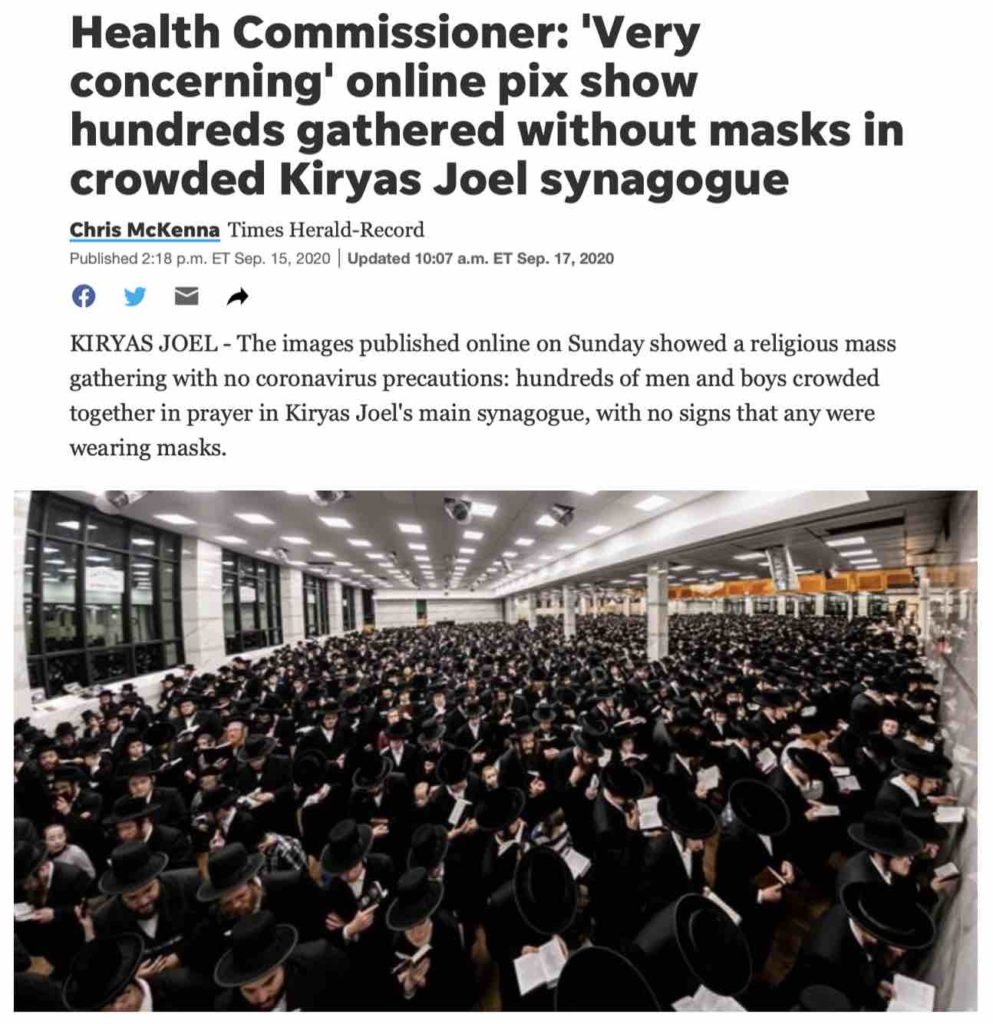
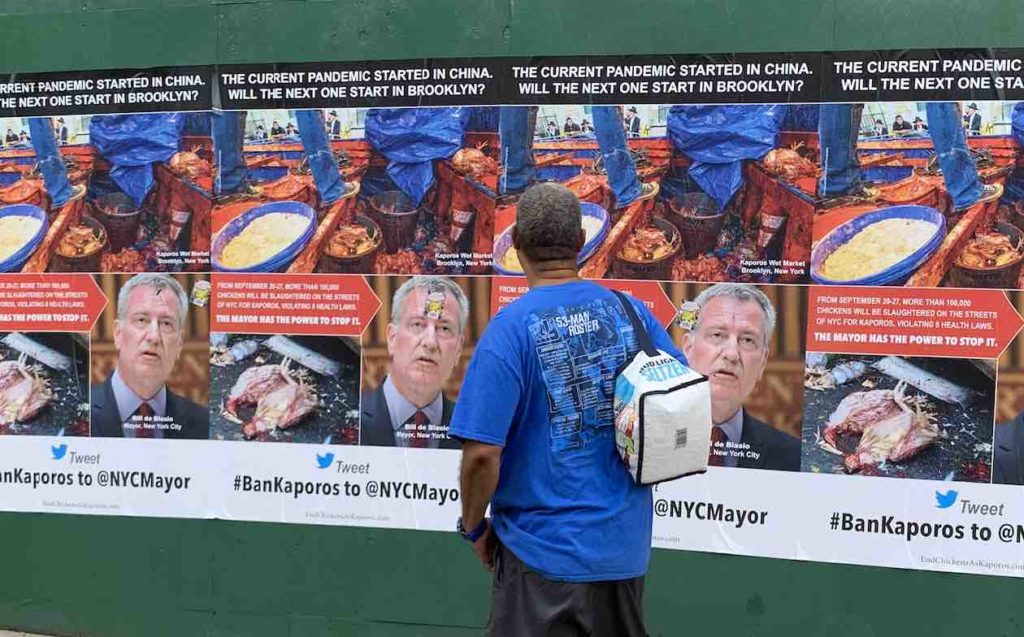
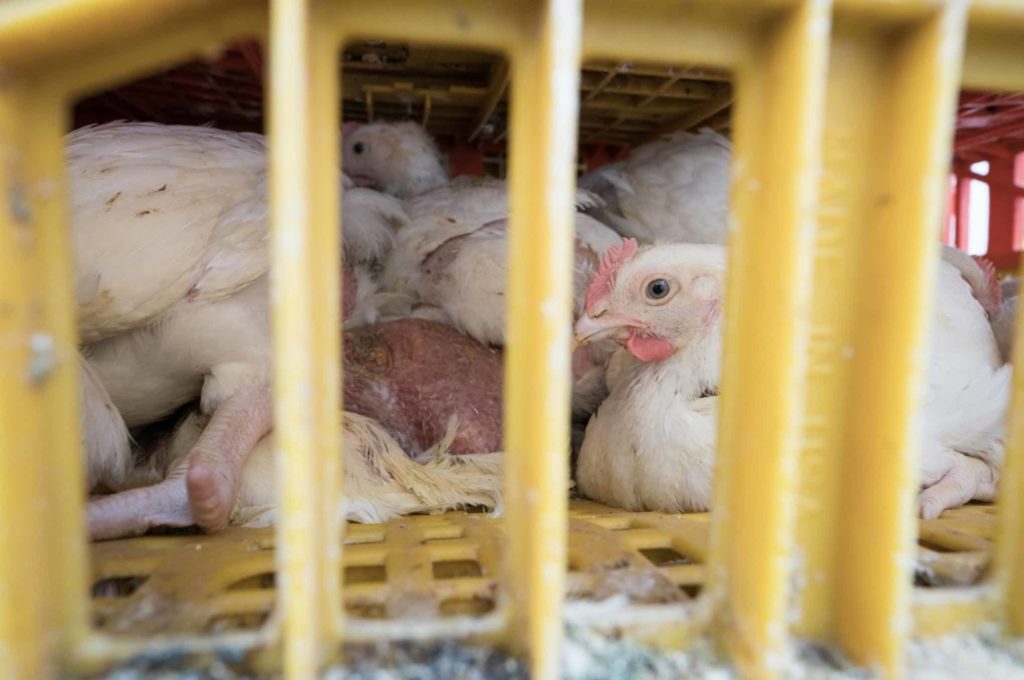
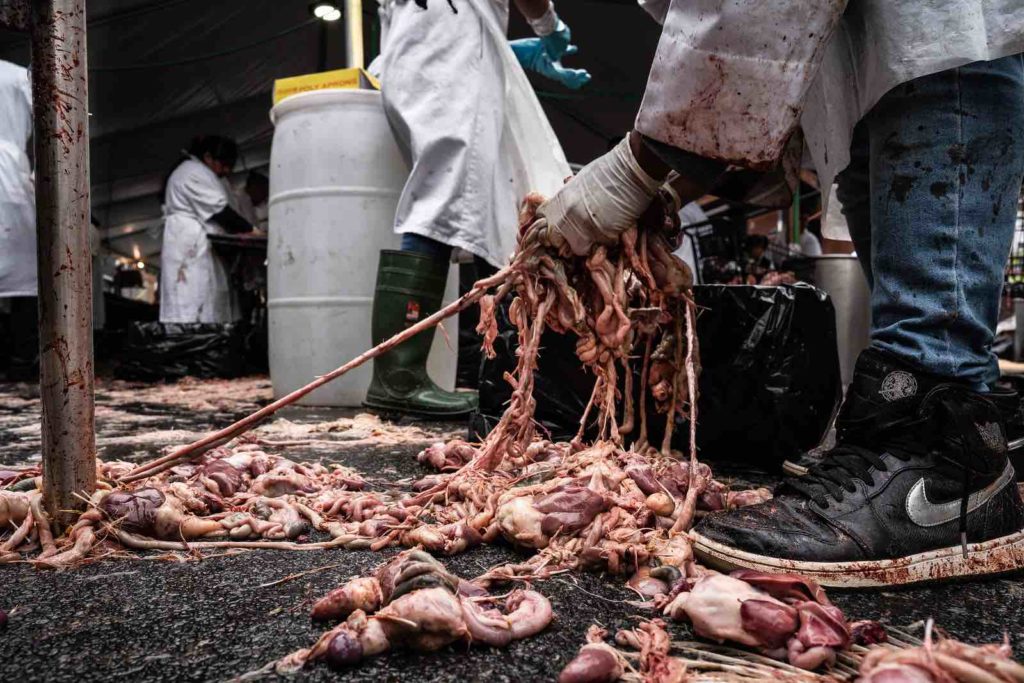
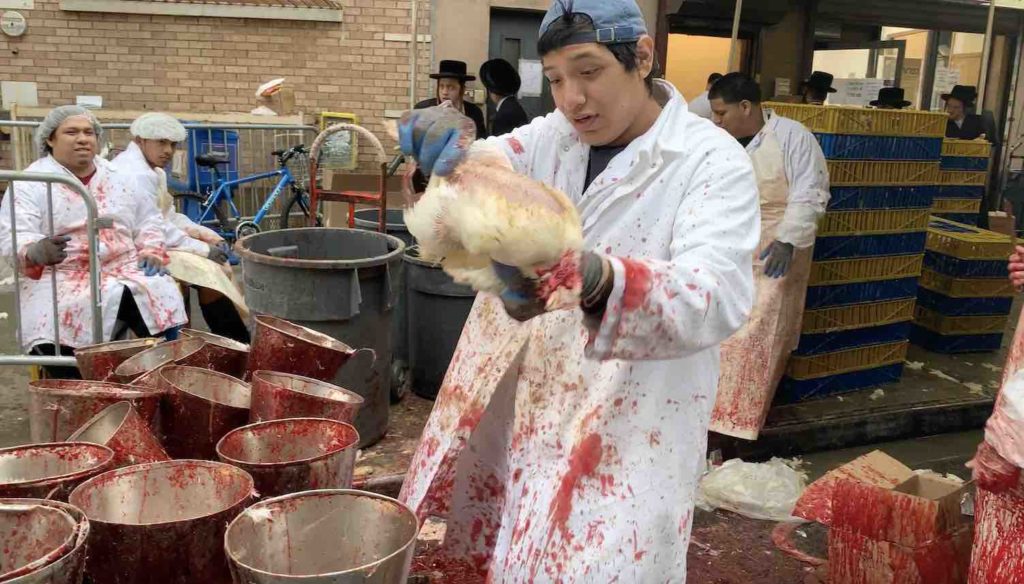
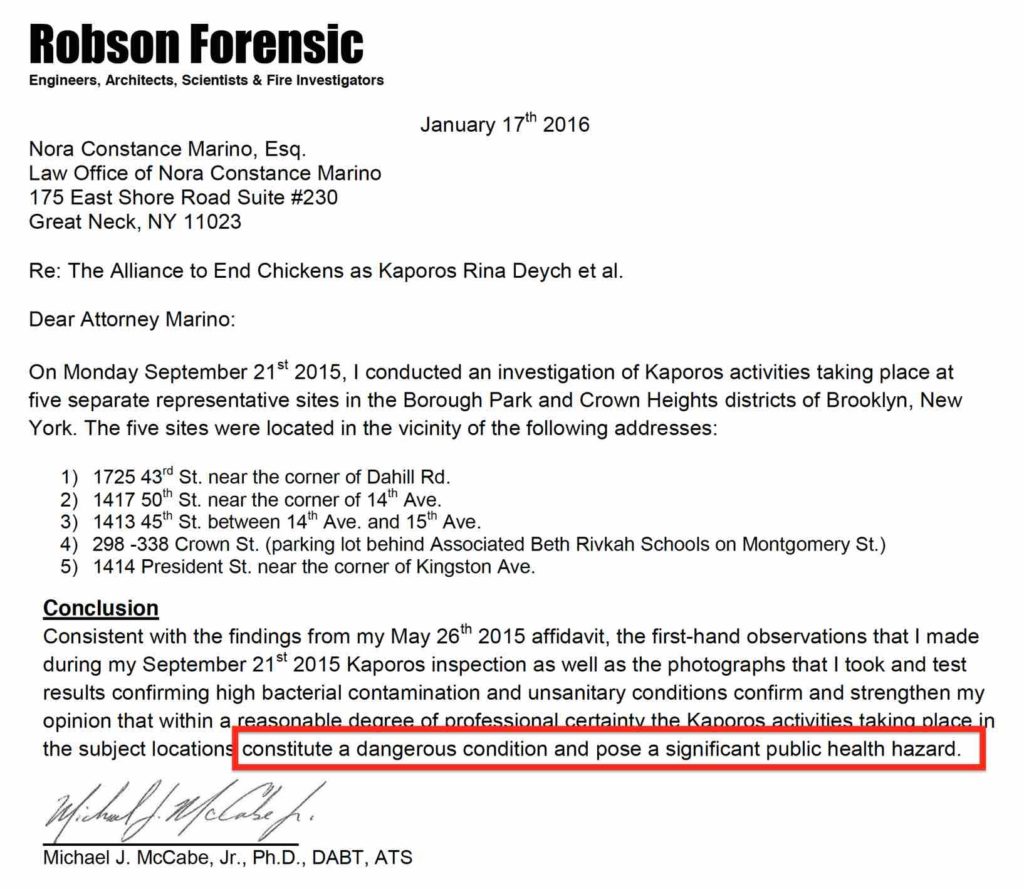
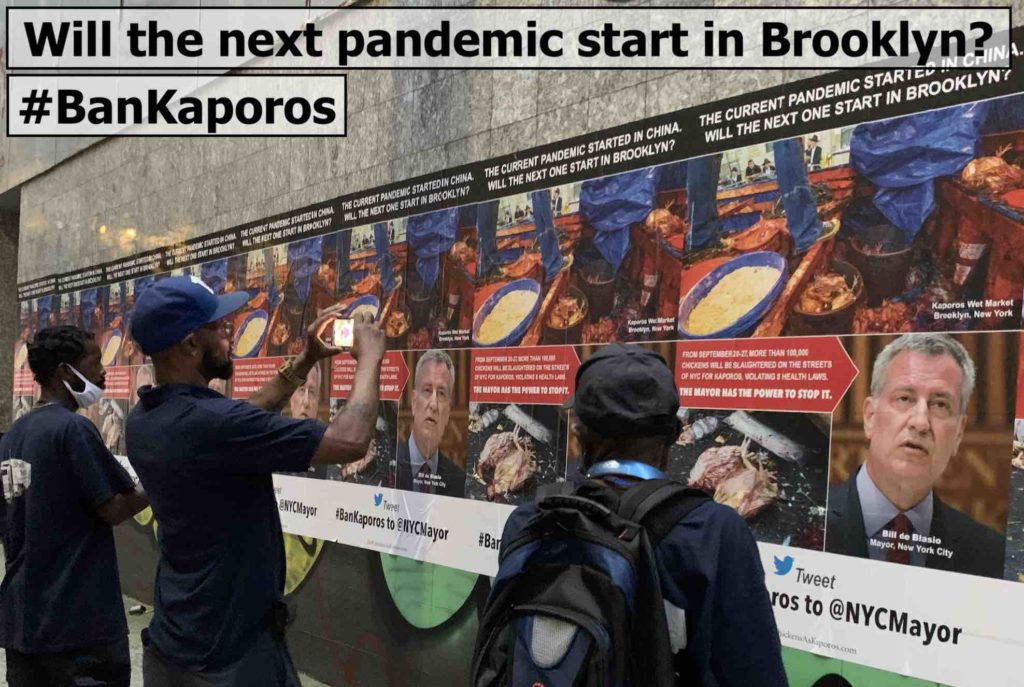
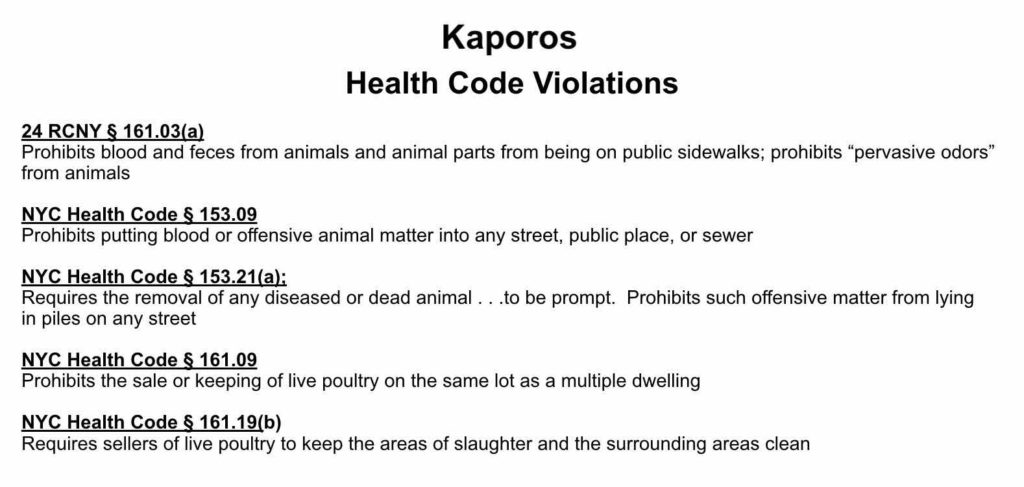
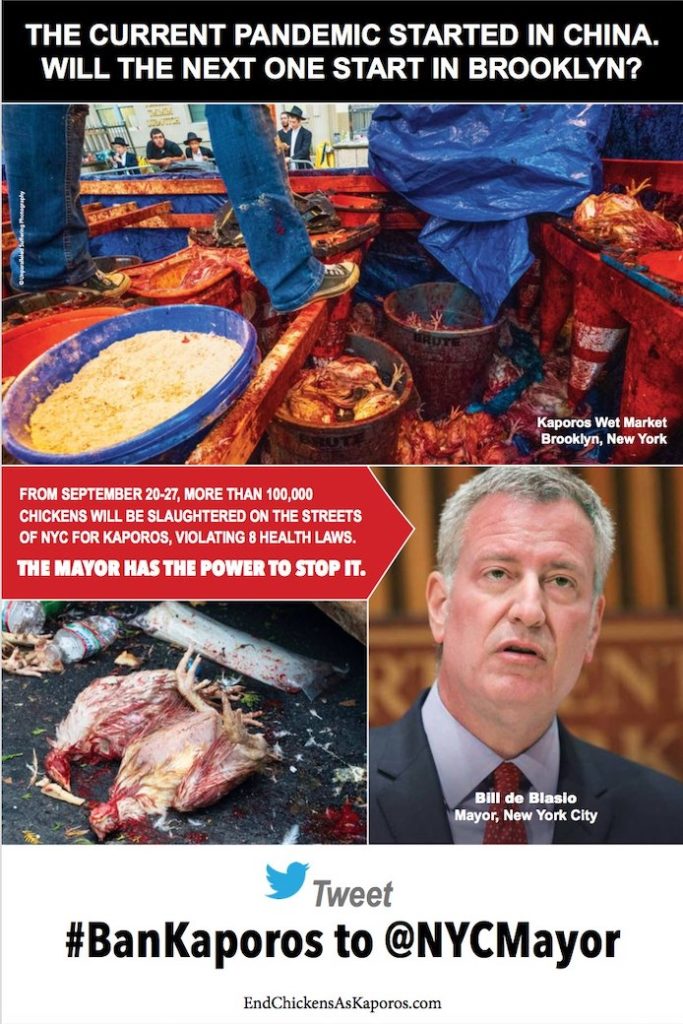
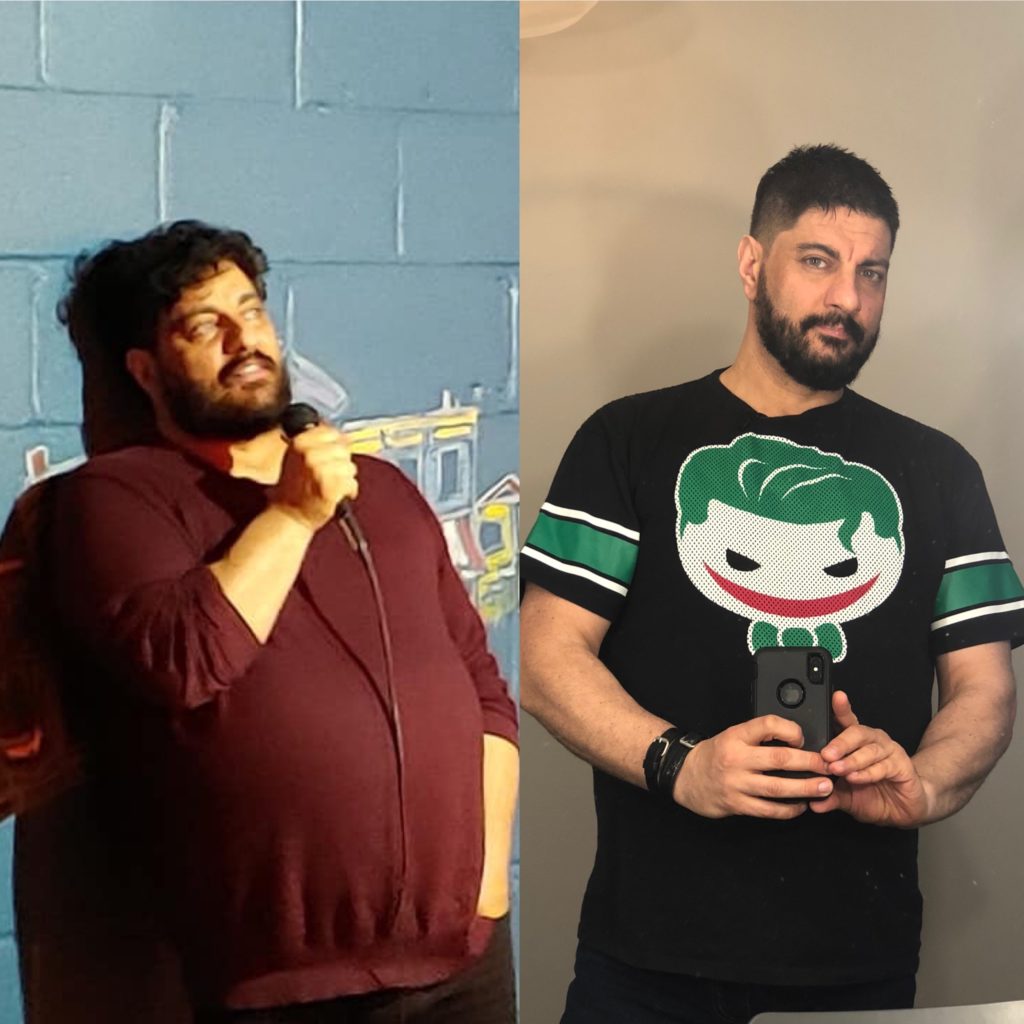












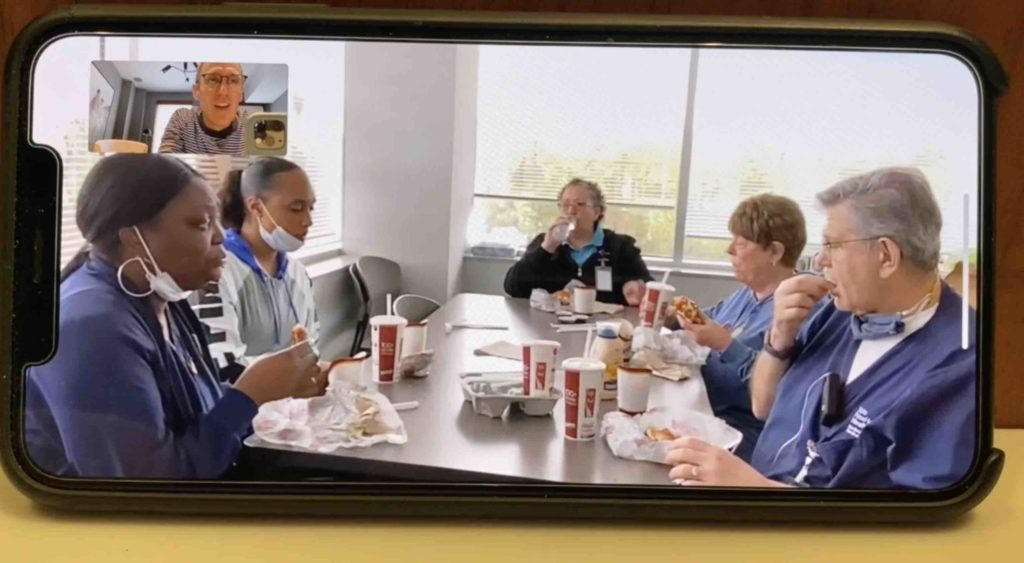
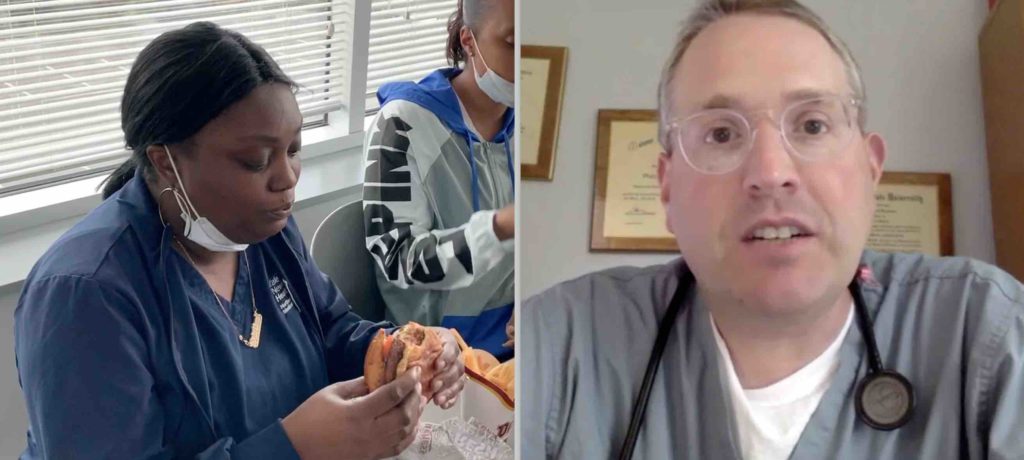
Follow Their Turn